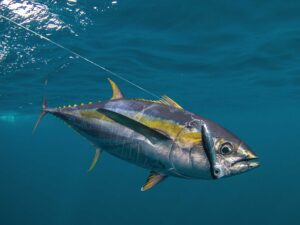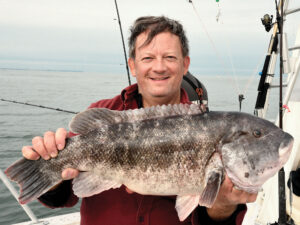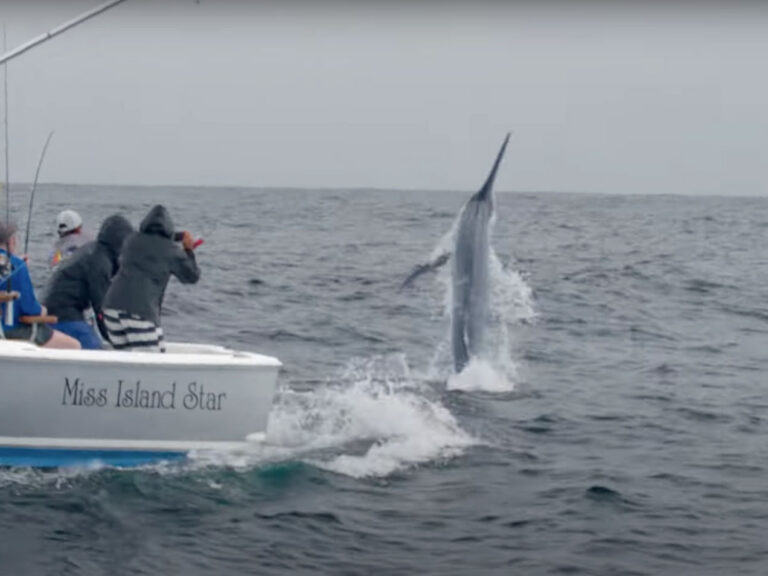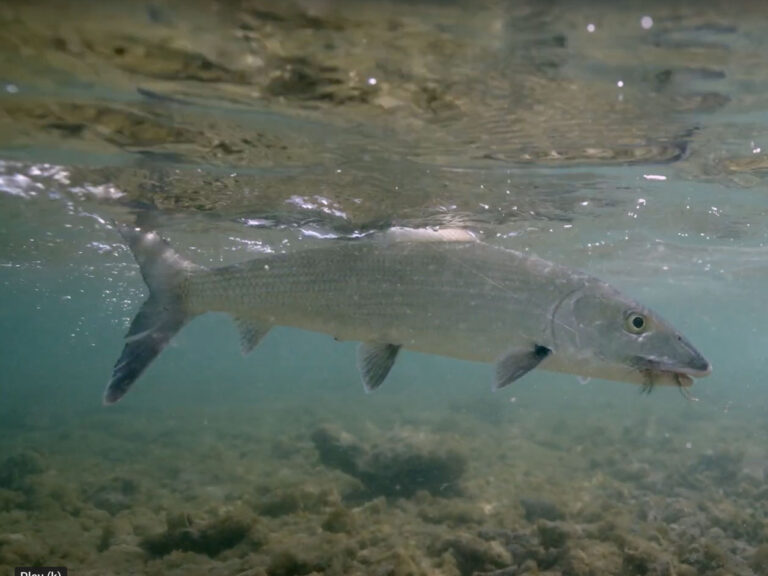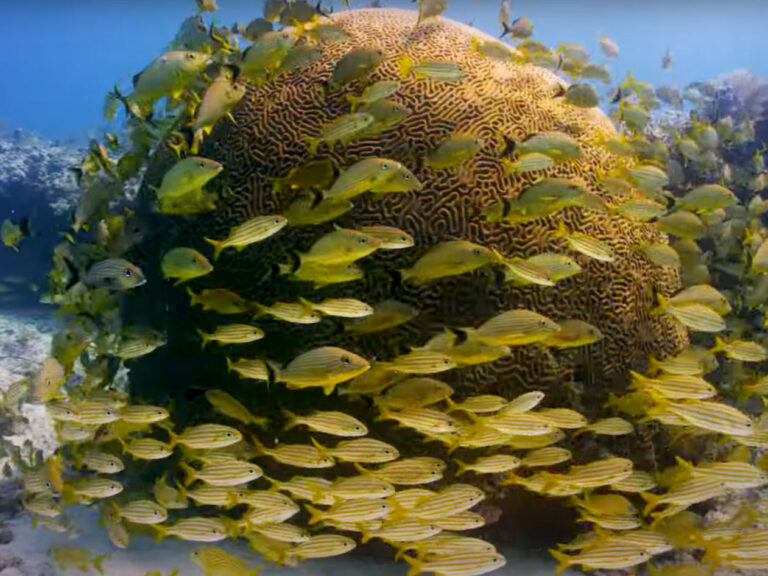OK, I’ll say it again. It is that important to me and should be that important to you. I have written about this before and, if I’m still writing, will likely do so in the future.
With every new Congress, there is an effort to fix the Magnuson-Stevens Fishery Conservation and Management Act (MSA). Fix is a euphemism for change. This Congress is no different. Perhaps it is closer to the truth to say the effort to take the teeth out of MSA is still there.
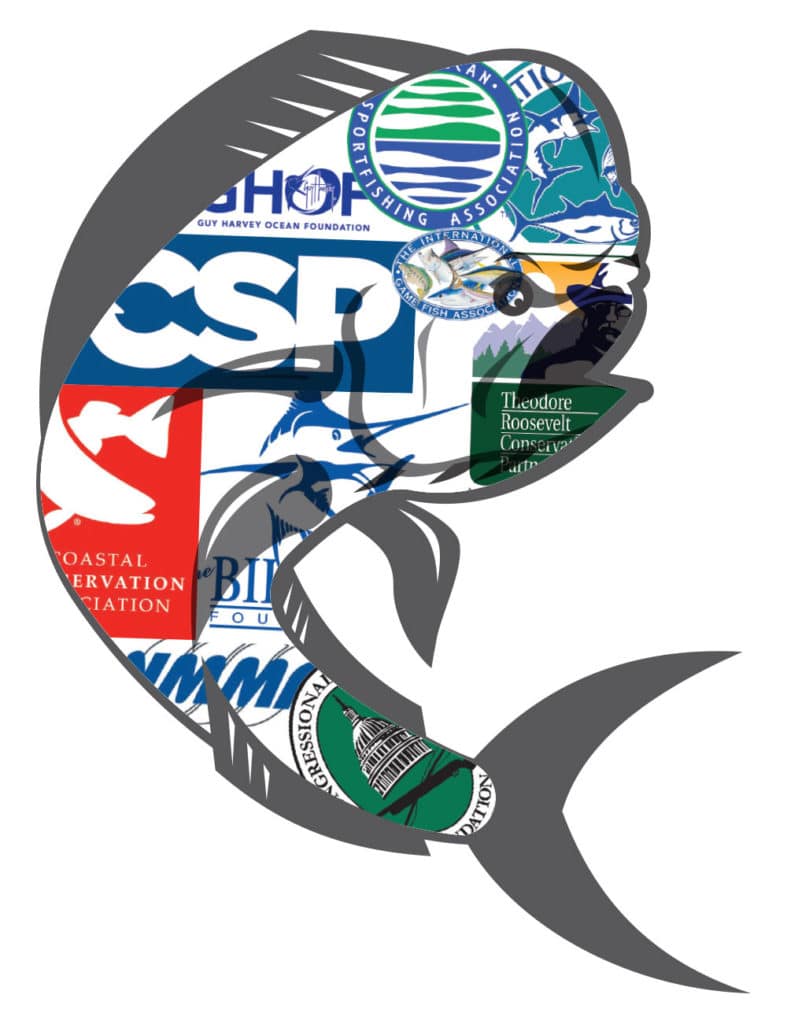
As in the previous Congress, Rep. Young from Alaska has reintroduced his bill, now HR 200, the Strengthening Fishing Communities and Increasing Flexibility in Fisheries Management Act. Like its predecessor(s), it has extensive language to give the regional fishery management councils a lot of latitude in setting rebuilding schedules for stocks that have fallen below their stock-size threshold. Those who oppose the existing 10-year rebuilding period for most stocks feel that this flexibility is necessary to allow users to continue harvesting without what they view as draconian cuts in quota. I get it, but I do not think that it is necessarily a good way to manage. The result of this kind of flexibility is that rebuilding periods will be longer, and during those periods, the stock will be at a lower level for a longer time. For commercial users, who employ the most efficient gear, they are likely to continue to harvest their quota.
For recreational users, who employ the least efficient gear, their catch rates will fall off, in some instances drastically.
It has been proven that recreational participation and effort grow or drop in direct correlation to the status of the fishery. If the stock level is low with a corresponding low success rate, participation will drop. If the stock level is high and so is the success rate, then more anglers will participate and will participate more often. It is the build-it-and-they-will-come syndrome. Simply put, more fish in the water is better for the recreational user and industry. This is absolutely true with most nearshore species. Yet some in the recreational industry support the concept of increased flexibility as a way to keep anglers on the water. They see this as a way to resolve some overfishing problems, which have been the reason for cuts in quota. In my opinion, a lot of the problems of exceeding quota can and should be resolved with a better allocation process, not simply by allowing more fish to be caught by dragging out the rebuilding process. While my comments are addressed to the recreational users, there are plenty of folks in the commercial fisheries who feel the same way.
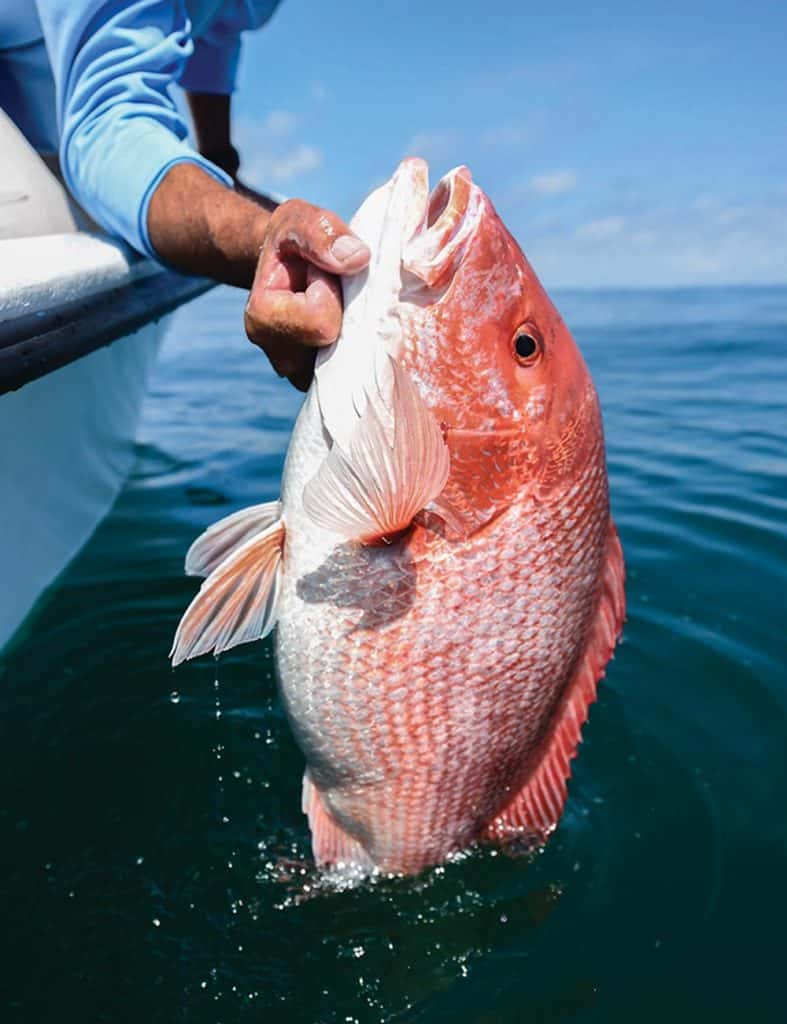
A coalition of recreational fishing interests had been supportive of this legislation in the past, not because of the flexibility in rebuilding timelines language but for the simple reason that it had other language promoting many of the improvements to recreational fisheries that were supported by the Morris-Deal Commission. I am not aware of this coalition supporting HR 200, but it is supporting new legislation that focuses on recreational fishing and MSA’s impact on this user group.
Reps. Graves, R-La.; Green, D-Texas; Webster, R-Fla.; and Wittman, R-Va., introduced the Modernizing Recreational Fisheries Management Act of 2017 (Modern Fish Act) to improve public access to federal waters, promote conservation and spur recreational growth. The Modern Fish Act addresses a lot of the recreational fishing industry’s and community’s priorities such as allowing alternative management for recreational fishing, re-examining fisheries allocations on a set time frame, smartly rebuilding fishery stocks, establishing some exemptions where annual catch limits are problematic, and improving recreational data collection and use. The bill aims to benefit fishing access and conservation with modern management approaches, as well as use science and technology to help guide decision-making.
I support the main premise of this legislation that the recreational fishing users have simply been lumped in with commercial users from a management perspective and have felt for a long while that this does not work. Yes, recreational fishing uses the same resources in many cases, but how and why it is done is totally different. Managers need to recognize this difference.
For me, one of the deficiencies of this legislation is that the allocation provisions are focused on the South Atlantic and Gulf regions. Some of the same issues are prevalent along the Atlantic Coast as well. Some of this is based on political support or lack thereof, which with effort can be changed.
It would certainly be a great move forward for the recreational fishing industry and community to have the Modern Fish Act move through the legislative process. The scary part is that we all know what goes in, but the final product can look a lot different. The coalition of sport-fishing organizations will be keeping tabs on this and could use support from all of us.



